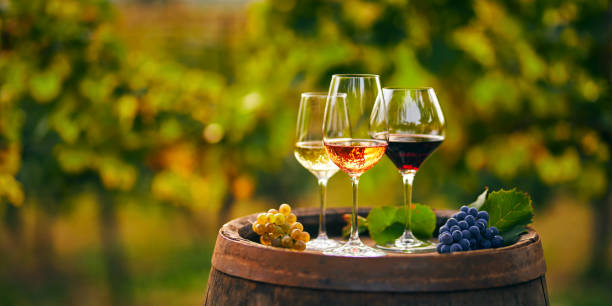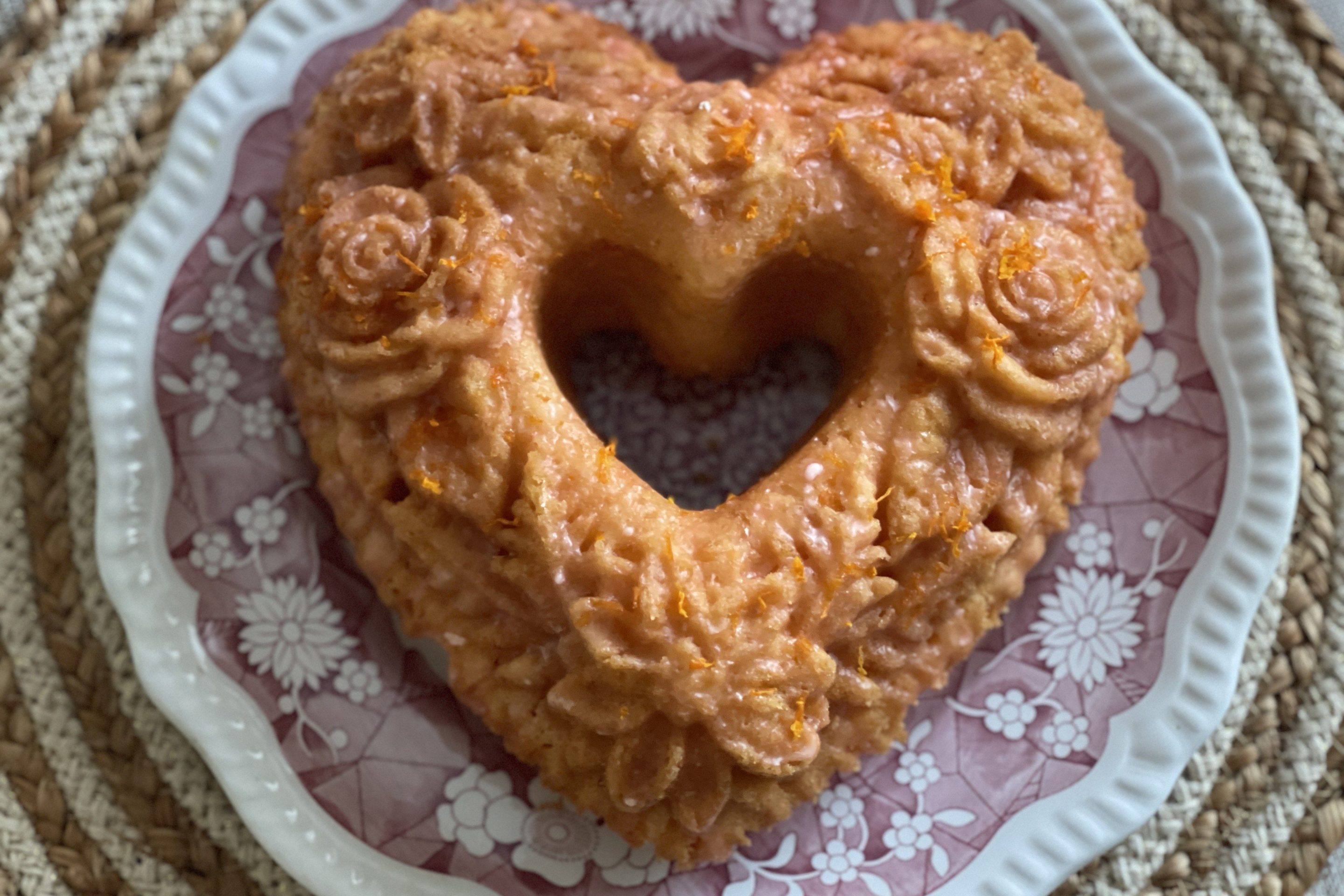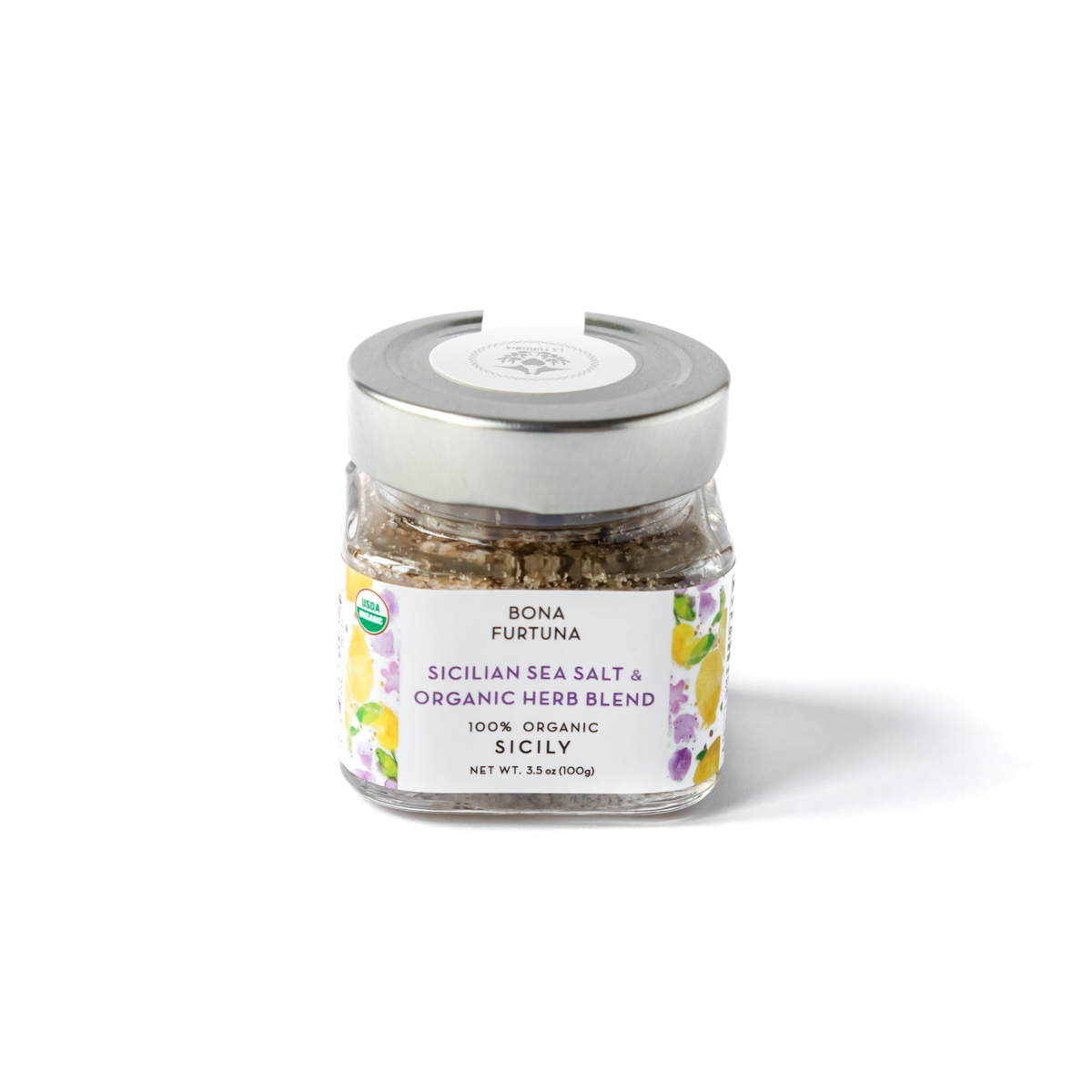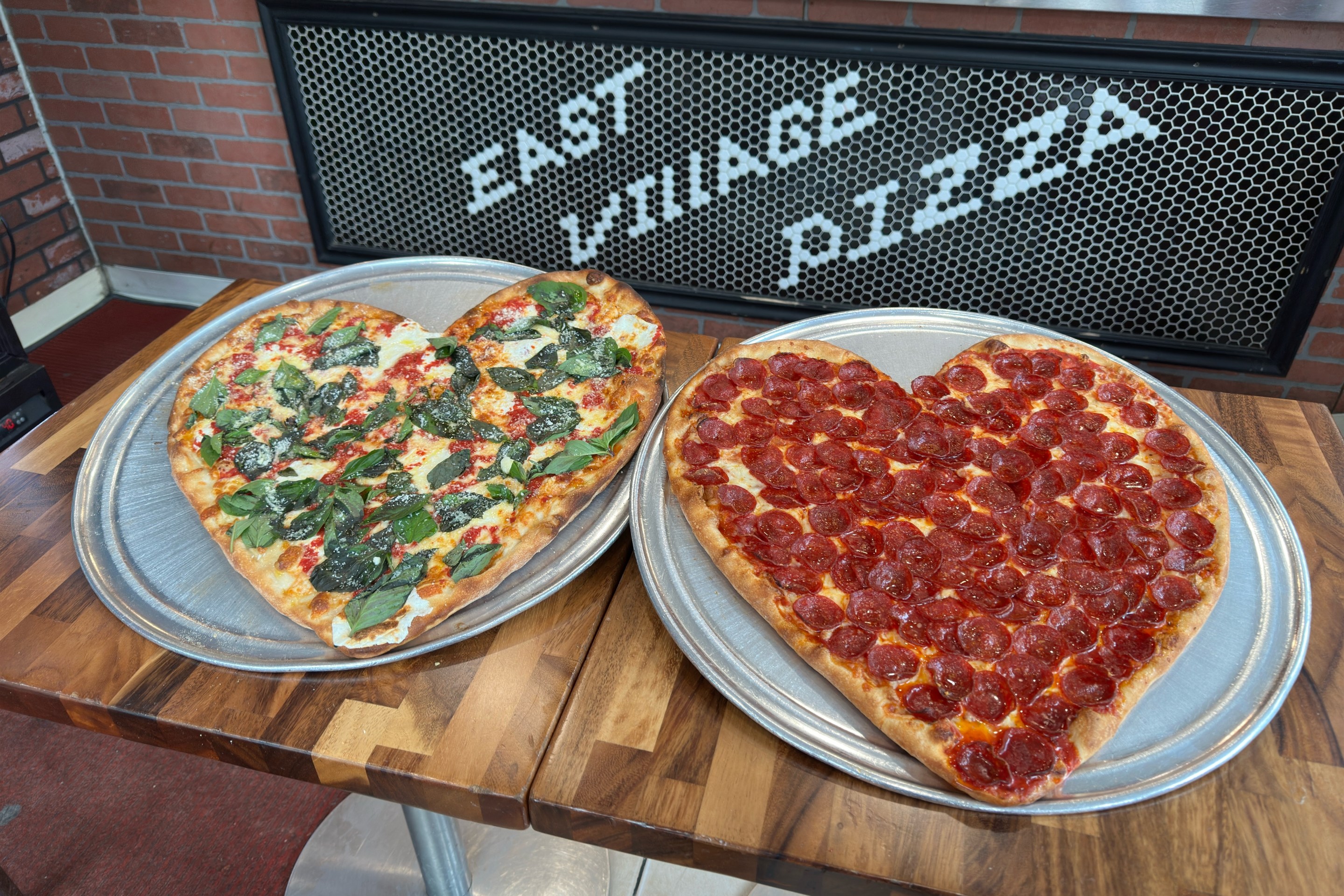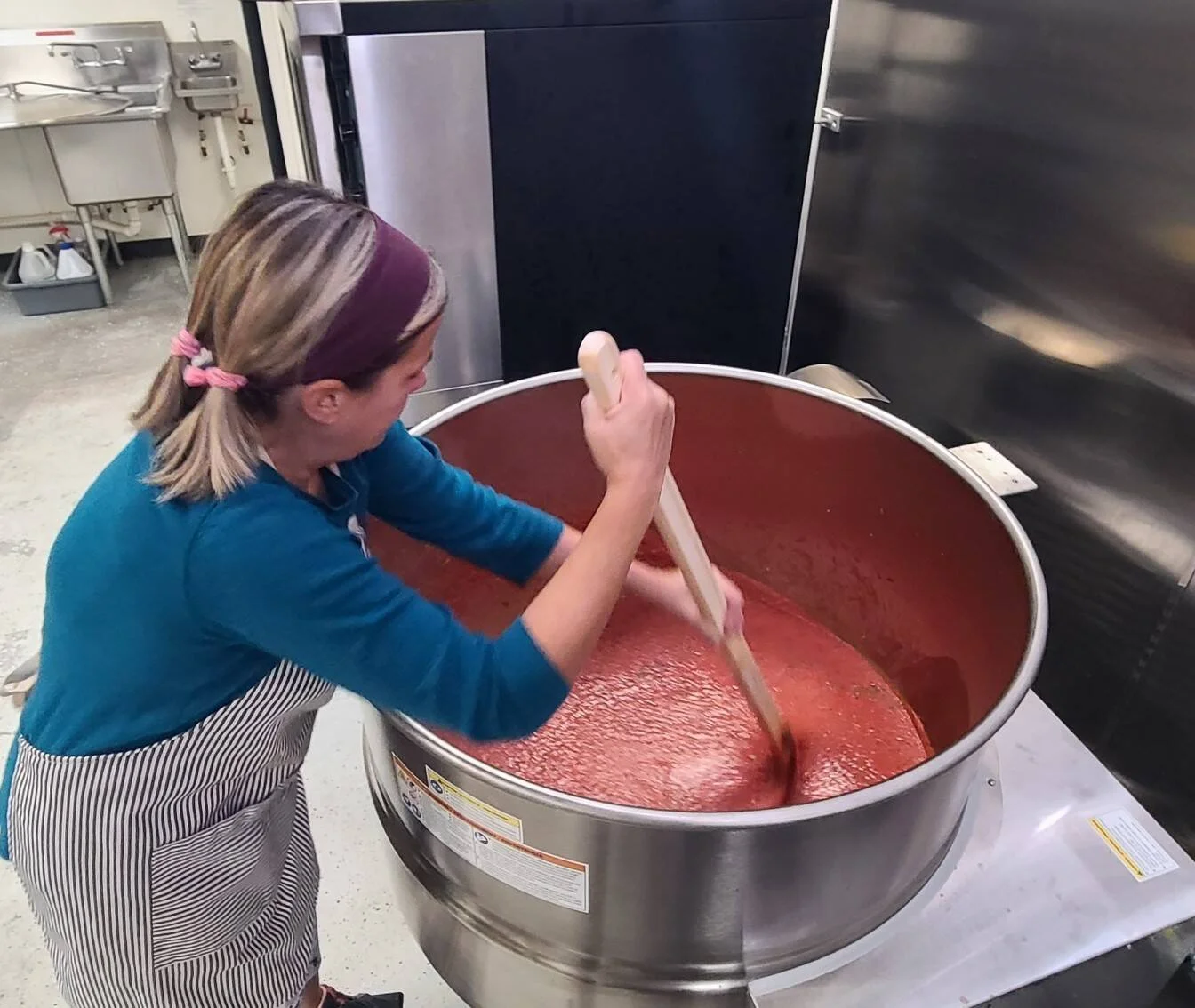Earth Day is observed and celebrated annually on April 22 as a way to reaffirm our commitment to environmental stewardship and to inspire action towards building a more sustainable world. For our purposes, that includes sustainable Italian wines.
The first Earth Day was back on April 22, 1970, in which millions in the U.S. came together in a call to action to address pressing environmental issues, including pollution, deforestation, and habitat destruction. The success of the first Earth Day led to the passage of key environmental legislation in the United States, including the Clean Air Act, the Clean Water Act, and the establishment of the Environmental Protection Agency (EPA).
Since then, Earth Day has grown into a global movement, celebrated in more than 190 countries around the world, with millions mobilizing to raise awareness, advocate for policy change, and take practical steps to protect the planet.
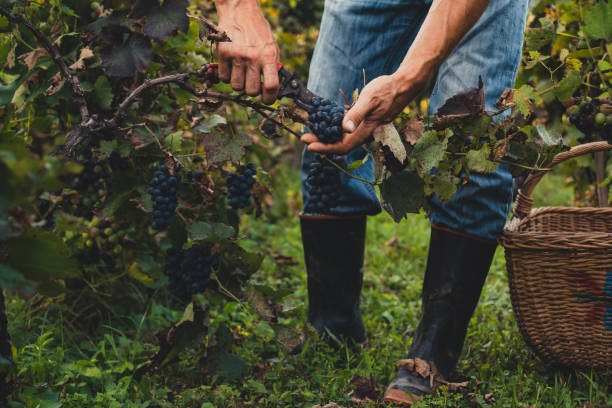
Many in the wine industry are doing their part in this regard. The Slow Wine* Coalition or Movement is a great example.
In honor of Earth Day, here are 10 Italian wine suggestions, covering regions in north, central, and southern Italy. Some of these wines are mentioned in the 2024 Slow Wine Guide. Nevertheless, each wine comes from a winery that is certified organic, sustainable, and/or biodynamic. Each winery strives to practice sustainability, and environmentally and socially responsible viticulture.
Fontafredda Barolo Serralunga d'Alba DOCG (Piedmont)
Fontafredda Estate and Winery has had a long-standing commitment to sustainability. The Green Revolution initiative has only strengthened their commitment and sustainable activities. They farm without the use of chemicals, produce from renewable raw materials and use corks that have minimal environmental impact, just to mention a few examples. Additionally, the winery is now certified organic. Fontafredda Barolo Serralunga d'Alba, 100% Nebbiolo, is a compelling combination of ripe fruit, savory complexity and earthy nuances due to the unique terroir of the Langhe, and firm structure. This wine demonstrates remarkable age-worthiness and ability to develop further with bottle aging. A beautiful noble Barolo.
Bedin Collina 48 Asolo Prosecco Superiore DOCG Extra Dry (Veneto)
Bedin Prosecco di Colli Asolani is committed to sustainable winegrowing and has achieved SQNPI certification. This sparkling wine, made predominantly from the Glera grape, is crisp and refreshing, with beautiful floral notes, white peach and green melon. Collina 48, from their vineyard site, Hill 48, is dry and elegant with bright acidity.
Rotari Brut Rosé Trento DOC (Trentino-Alto Adige)
Rotari, which is part of the Mezzacorona Group, is notorious for their commitment to sustainability. From the bio-architecture, energy efficiency and waste reduction efforts to their preservation and shelter of species in their ecosystem, Rotari and Mezzacorona are very conscientious. All of their wines are sustainably farmed, hand-harvested using only organic nutrients, Trentino Pergolas and certified root-stocks. The Mezzacorona group promoted the Protocol for Quality Wine Production in Trentino, they are part of Wine In Moderation, have SQNPI and Equitas Certifications, and the list goes on. In accordance with Trento Doc, Rotari sparkling wines are produced via the traditional Metodo Classico. Rotari Brut Rosé is made with mostly Pinot Nero and a small percentage of Chardonnay grapes. Aromas of rose petal, violets and strawberry, with a palate of ripe red berries, layered with subtle hints of brioche and mineral notes. Freshness from the Dolomites, yet complex.
Fattoria di Montemaggio Chianti Classico Gran Selezione DOCG (Tuscany)
Montemaggio, located in Radda in Chianti is a Certified Organic Winery, and they practice environmentally-friendly viticulture with evidence of biodiversity throughout the vineyards. Montemaggio focuses on quality, not quantity and their Chianti Classico Gran Selezione is definitely top quality. Sangiovese at its best. Great structure and balance.
Montefioralle Chianti Classico Riserva DOCG (Tuscany)
Azienda Agricola Montefioralle Winery, located in a stunning, storybook village in Greve in Chianti, is also certified organic. This boutique winery farms without the use of chemical herbicides or synthetic products. Montefioralle also strives for quality and not quantity. Their Chianti Classico Riserva, with its classic notes of cherry and spice, and their Vin Santo are absolutely amazing!
Fattoria Nicodemi Neromoro Montepulciano d’Abruzzo Riserva Colline Teramane DOCG (Abruzzo) Fattoria Nicodemi is located in Notaresco, Abruzzo, bordering the Adriatic Sea. The winery is certified organic and practices sustainable viticulture. They employ renewable energy and their winery runs on solar power. Neromoro Montepulciano d’Abruzzo has rich flavors of dark fruits, dried herbs, and a touch of licorice, balanced by well-integrated tannins and a lingering, elegant finish. This wine is a beautiful expression of Sangiovese il Montepulciano d’Abruzzo.
Donnachiara Fiano di Avellino DOCG (Campania)
Donnachiara Winery, located in Irpinia, province of Avellino, is Certified Organic and practices eco-sustainable agriculture. Grapes are hand-harvested and the winery does not use any chemicals or herbicides. Donnachiara Fiano di Avellino is elegant and offers a unique combination of citrus, stone fruit and floral notes and a subtle nuttiness, along with a distinctive mineral quality and creamy texture.
Tenuta Cavalier Pepe Opera Mia Taurasi Aglianico DOCG (Campania)
Tenuta Cavalier Pepe, also in Irpinia, is a sustainable winery. They meet the standards for Equalitas certification, which is a worldwide recognized sustainability standard set for the wine sector. Their other certifications include Agroqualità SpA and SQNPI, and they have joined SENSOBIO. Cavalier Pepe’s Opera Mia Taurasi Aglianico is a stellar representation of the region’s indigenous varietal. The Aglianico grapes were cultivated in calcareous, clay and volcanic soils. Lovely red fruits and ripe forest fruits, along with violet, coffee and chocolate. Intense and complex, yet balanced.
Romaldo Greco Puro Salento IGP Rosé (Puglia)
Romaldo Greco is a sustainable winery, with simple labels and even the use of ‘zero carbon footprint’ corks derived from sugarcane-based raw materials. Their Nomacorc Bioselect sugarcane corks are sustainable, renewable and recyclable. Puro Rosé is 100% Malvasia Nera, native to Puglia. Puro, or clean, in Italian, is a most appropriate name for this wine.
Donnafugata Sur Sur Grillo Sicilia DOC (Sicily)
Donnafugata Winery in the very south of Italy has a deep respect for the environment. For example, they engage heavily in recycling, including recycled corks and employ sustainable viticulture by means of organic fertilization and the use of green manure to preserve and improve the microbiome of the soils. Sur Sur Grillo is a lovely white wine, made from grapes native to Sicily, with white flowers and bright citrus notes, along with hints of tropical fruits. This wine is known for its crisp acidity, and refreshing minerality.
Ultimately, Earth Day is a time to celebrate, reflect and renew our commitment towards environmental conservation and a sustainable future. Why not celebrate with a sustainable Italian wine?
*Footnote:The Slow Wine Coalition or Movement represents a holistic approach to wine that seeks to foster a deeper appreciation for quality, sustainability, and cultural heritage. It invites consumers to slow down, savor the moment, and embrace the joys of wine in a mindful and meaningful way. Moreover, sustainability is a core tenet of the Slow Wine Movement, encompassing both environmental and social responsibility. This typically involves manually harvesting grapes, utilizing winemaking methods with minimal intervention, and extending aging processes to enable the wines to mature and acquire complexity and character. Slow wine producers prioritize organic and biodynamic farming practices, minimize chemical inputs, and adopt renewable energy sources to reduce their environmental impact. Slow wine is certainly in conjunction with Earth Day.
